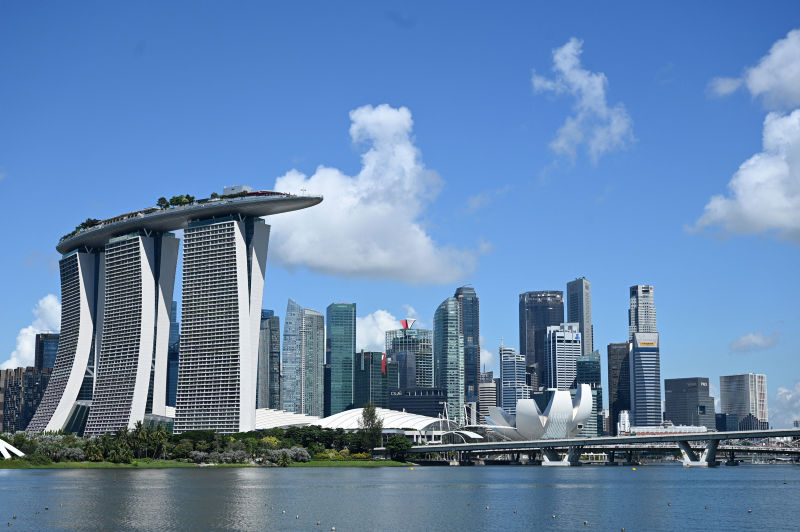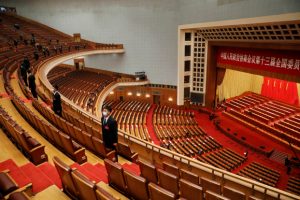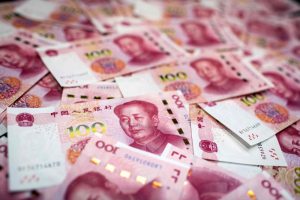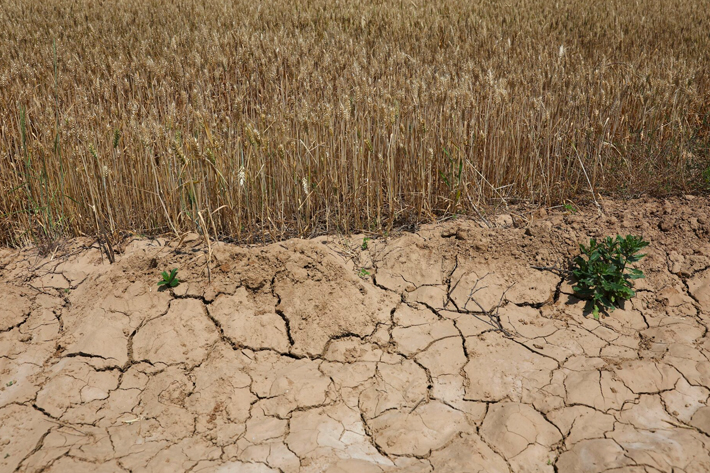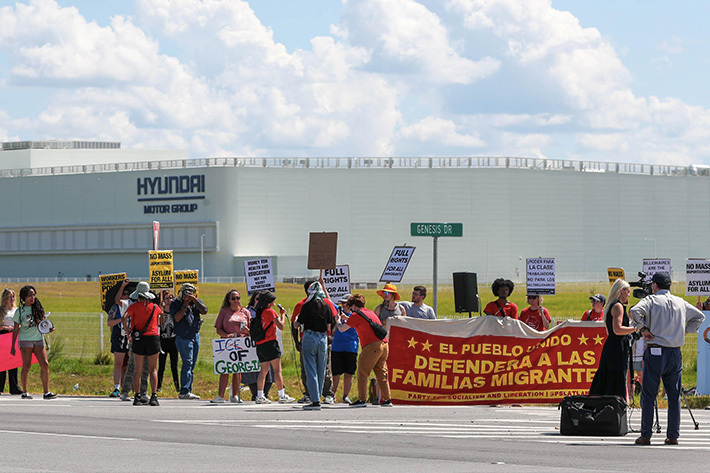Singapore could return to a small budget surplus in 2022 as the economy recovers from the Covid-19 pandemic, with the government turning its focus to rebuilding public finances and an imminent tax hike after two years of unprecedented spending.
The transport and financial hub, seen as a bellwether of the global economy, is forecast to grow 3-5% this year after expanding at its fastest annual pace in over a decade in 2021.
The rebound has paved the way for the government to start raising taxes and to limit support measures to businesses yet to recover from the impact of the pandemic, such as those in the travel and hospitality sectors.
The government had forecast a budget deficit of about S$11 billion ($8 billion), or 2.2% of gross domestic product (GDP), for the fiscal year 2021 that ends in March. The deficit ballooned to a record 13.9% of GDP in the prior year.
Support Packages
The government has also had to draw from reserves to fund more than S$100 billion in support packages.
“The urgency to beef up revenues is a priority for policymakers, putting the long-planned 2 percentage point goods and services tax (GST) hike in the spotlight,” HSBC economists said in a research note, forecasting a S$5 billion surplus for 2022.
The government plans to raise GST to 9% from 7% between 2022 and 2025. At next Friday’s budget, Finance minister Lawrence Wong is likely to provide a timeframe for the increase, which could bring in additional annual revenues of more than S$3 billion.
HSBC estimates that a 1 percentage point GST rise will add 0.5-0.7 percentage points to headline inflation in 2023 and 2024.
Singapore’s central bank tightened its monetary policy settings in January on elevated inflation pressures, and is expected to tighten again in April.
The central bank forecast core inflation to be 2–3% this year, while headline prices are expected to rise 2.5–3.5%.
- Reuters, with additional editing by George Russell
READ MORE:
Activist Investor Quarz Opposes $3bn Singapore REIT Merger
Asia’s Slow Aviation Recovery May Dampen Singapore Airshow
Singapore’s Keppel Ploughs $250m into Saudi Pipeline Firm




